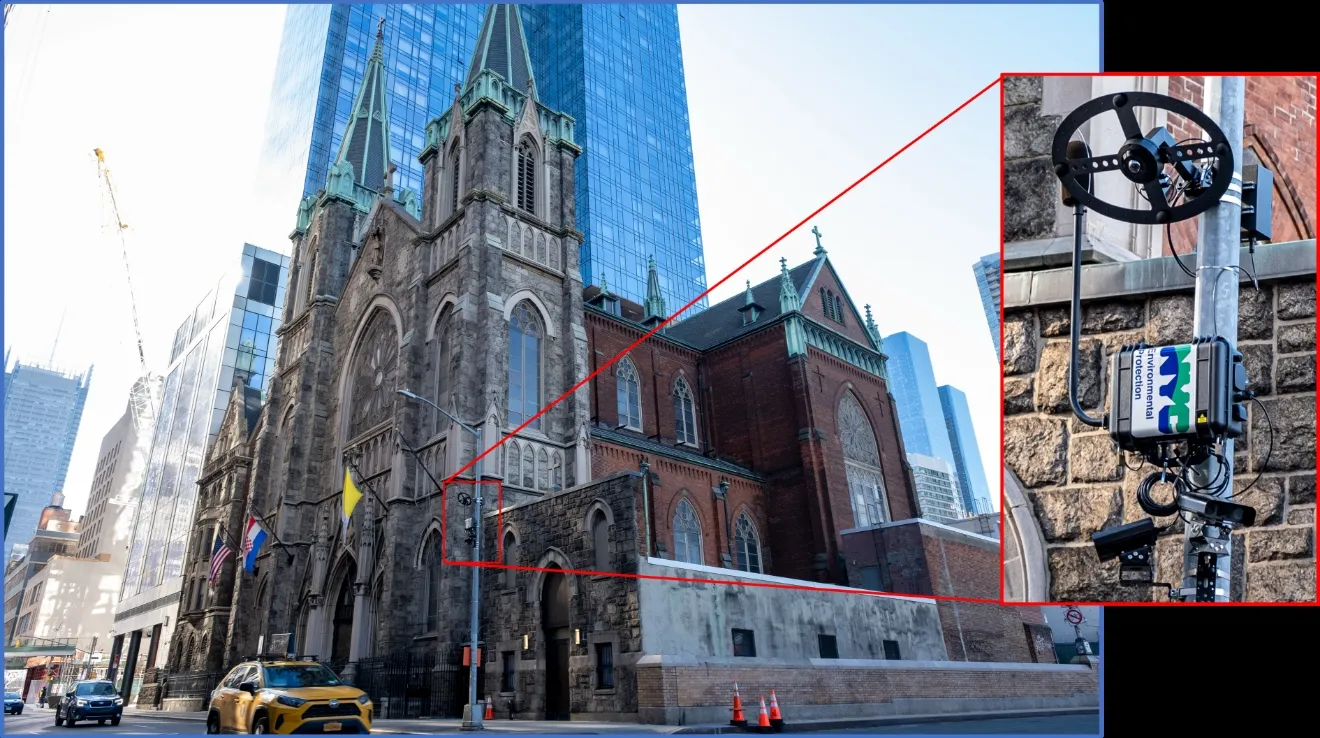The notable improvement in road safety statistics for Europe paint a promising picture with an 8% drop in fatalities recorded for 2013 compared with the previous year. This continues the steady reduction in the fatality rate, having followed a previous drop in road deaths. And it highlights how measures to control speeding and enforce laws against drink-driving have had a positive effect.
May 15, 2014
Read time: 3 mins

The notable improvement in road safety statistics for Europe paint a promising picture with an 8% drop in fatalities recorded for 2013 compared with the previous year. This continues the steady reduction in the fatality rate, having followed a previous drop in road deaths. And it highlights how measures to control speeding and enforce laws against drink-driving have had a positive effect.
While calls have been made to harmonise the blood alcohol levels permitted for drivers in Europe, it is worth noting that while the UK has one of the highest levels at the same time as one of the lowest rates of deaths by drink driving. Clearly the UK’s long history of enforcement of drink driving laws has had a positive benefit in cutting road deaths. The issue of enforcement is an important one and given the worryingly high rate of road deaths in Romania, Poland, Croatia, Lithuania, Bulgaria and Greece, these countries all need to take steps to improve policing. The average rate of road deaths in Europe is 58/million inhabitants but these countries have death rates from 92/million – 81/million. In Sweden and the UK, where police have a long history of enforcing rules thoroughly and where penalties against offenders are at the tougher end of the spectrum, the road death rates are 28/million and 29/million respectively.
Australia is following a broadly similar approach to Europe in terms of road safety and has also seen major improvements in crash statistics, while the US too is adopting comparable methods.
On paper at least this suggests a way forward for developing nations too. The crash rate for Asia is particularly troubling, with a sharp uptake in vehicle ownership and use and a spiralling death rate on the road network. Some Asian countries have taken measures to improve safety and China’s crack downs on drink driving and speeding have been particularly effective. But in many other parts of Asia, road safety measures are at best merely slowing the rate of increase of fatalities. In this respect Africa is following a similar path, with more and more vehicles and increasing numbers of crashes.
Meanwhile Middle Eastern countries have a poor record on road safety, but alcohol use is strictly controlled and restricted so drink-driving is clearly not the key issue to be tackled. Instead, speeding and an overall lack of due care and attention to driving are far higher priorities to be addressed.
Effective policing is crucial to cutting the death rate on any road network. And unless policing can be seen to above reproach, it seems likely the overall benefits to road safety will be limited.
While calls have been made to harmonise the blood alcohol levels permitted for drivers in Europe, it is worth noting that while the UK has one of the highest levels at the same time as one of the lowest rates of deaths by drink driving. Clearly the UK’s long history of enforcement of drink driving laws has had a positive benefit in cutting road deaths. The issue of enforcement is an important one and given the worryingly high rate of road deaths in Romania, Poland, Croatia, Lithuania, Bulgaria and Greece, these countries all need to take steps to improve policing. The average rate of road deaths in Europe is 58/million inhabitants but these countries have death rates from 92/million – 81/million. In Sweden and the UK, where police have a long history of enforcing rules thoroughly and where penalties against offenders are at the tougher end of the spectrum, the road death rates are 28/million and 29/million respectively.
Australia is following a broadly similar approach to Europe in terms of road safety and has also seen major improvements in crash statistics, while the US too is adopting comparable methods.
On paper at least this suggests a way forward for developing nations too. The crash rate for Asia is particularly troubling, with a sharp uptake in vehicle ownership and use and a spiralling death rate on the road network. Some Asian countries have taken measures to improve safety and China’s crack downs on drink driving and speeding have been particularly effective. But in many other parts of Asia, road safety measures are at best merely slowing the rate of increase of fatalities. In this respect Africa is following a similar path, with more and more vehicles and increasing numbers of crashes.
Meanwhile Middle Eastern countries have a poor record on road safety, but alcohol use is strictly controlled and restricted so drink-driving is clearly not the key issue to be tackled. Instead, speeding and an overall lack of due care and attention to driving are far higher priorities to be addressed.
Effective policing is crucial to cutting the death rate on any road network. And unless policing can be seen to above reproach, it seems likely the overall benefits to road safety will be limited.








